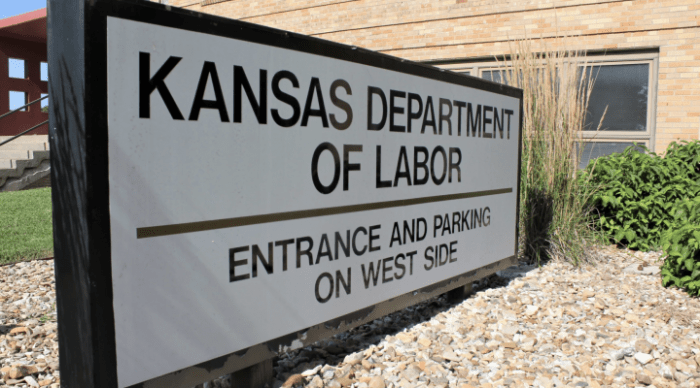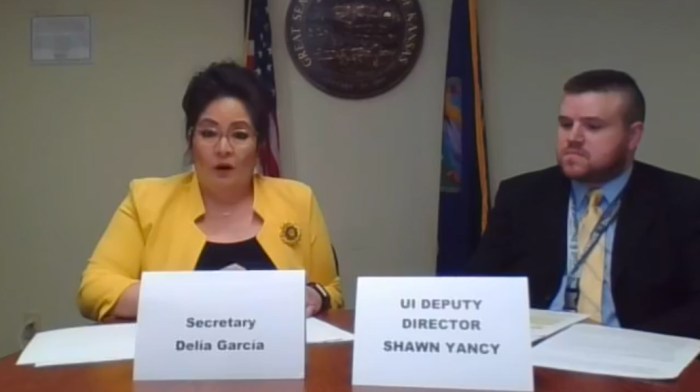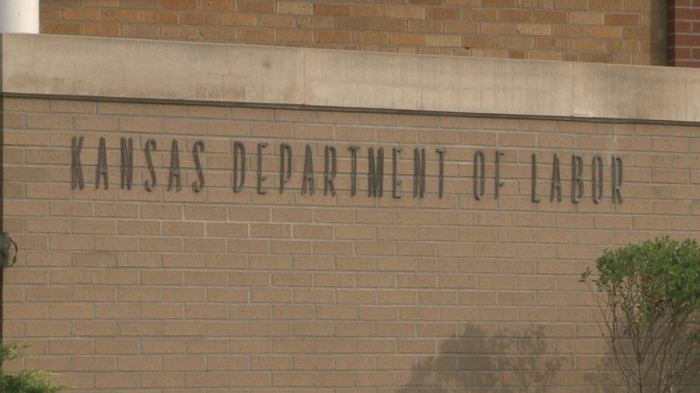Coma Corporation v. Kansas Department of Labor stands as a pivotal case that has shaped the legal landscape regarding religious freedom and employment law. This case brought forth a complex interplay between the First Amendment, the Religious Freedom Restoration Act, and the rights of employers, ultimately delivering a significant ruling that continues to resonate today.
At the heart of this case lies the claim of religious discrimination brought forth by Coma Corporation, a for-profit corporation with a deeply held religious belief in the sanctity of life. The company challenged the Kansas Department of Labor’s denial of unemployment benefits to employees who were terminated for refusing to participate in the company’s employee health plan, which covered certain reproductive procedures that violated their religious beliefs.
Legal Background
The case of Coma Corporation v. Kansas Department of Labor revolves around the intersection of religious freedom and employment law. The First Amendment of the United States Constitution protects the free exercise of religion, while the Religious Freedom Restoration Act (RFRA) of 1993 prohibits the government from substantially burdening religious practices unless it has a compelling interest and uses the least restrictive means to achieve that interest.
The case originated in 2012 when Coma Corporation, a closely held corporation owned by the Hoovers, filed a lawsuit against the Kansas Department of Labor, alleging that the state’s unemployment compensation law violated their religious beliefs.
Arguments of the Parties

Coma Corporation argued that the state’s unemployment compensation law, which requires employers to pay unemployment benefits to former employees, violated their religious beliefs because it forced them to participate in a program that they believed violated their Christian faith. The Hoovers claimed that they believed that the Bible prohibited them from providing unemployment benefits to people who were able to work but were not actively seeking work.
The Kansas Department of Labor argued that the state’s unemployment compensation law was a neutral law of general applicability that did not target religion. The department also argued that the state had a compelling interest in providing unemployment benefits to former employees and that there was no less restrictive means to achieve that interest.
Court’s Analysis

The court first analyzed the First Amendment issue, applying the strict scrutiny test. The court held that the state’s unemployment compensation law was a neutral law of general applicability that did not target religion. However, the court also held that the Hoovers’ religious beliefs were sincere and that the law substantially burdened their religious practices.
The court then analyzed the RFRA issue, applying the substantial burden test. The court held that the state’s unemployment compensation law did substantially burden the Hoovers’ religious practices. The court also held that the state had a compelling interest in providing unemployment benefits to former employees but that there were less restrictive means to achieve that interest.
Court’s Decision
The court ruled in favor of Coma Corporation, holding that the state’s unemployment compensation law violated the RFRA. The court found that the state had a compelling interest in providing unemployment benefits to former employees, but that it had not used the least restrictive means to achieve that interest.
The court’s decision was a significant victory for religious freedom. It held that the government cannot substantially burden religious practices unless it has a compelling interest and uses the least restrictive means to achieve that interest.
Impact of the Decision

The court’s decision in Coma Corporation v. Kansas Department of Labor has had a significant impact on the legal landscape regarding religious freedom and employment law. The decision has been cited in numerous other cases involving similar issues, and it has helped to strengthen the protection of religious freedom in the workplace.
The decision has also had a broader impact on the relationship between religion and the law. It has helped to establish the principle that the government cannot discriminate against religion unless it has a compelling interest and uses the least restrictive means to achieve that interest.
Essential Questionnaire: Coma Corporation V. Kansas Department Of Labor
What was the central issue in Coma Corporation v. Kansas Department of Labor?
The central issue was whether the Kansas Department of Labor’s denial of unemployment benefits to employees who were terminated for refusing to participate in the company’s employee health plan violated the Religious Freedom Restoration Act.
What was the Supreme Court’s ruling in Coma Corporation v. Kansas Department of Labor?
The Supreme Court ruled that the Kansas Department of Labor’s denial of unemployment benefits violated the Religious Freedom Restoration Act because the state failed to demonstrate a compelling interest in denying benefits to the employees.